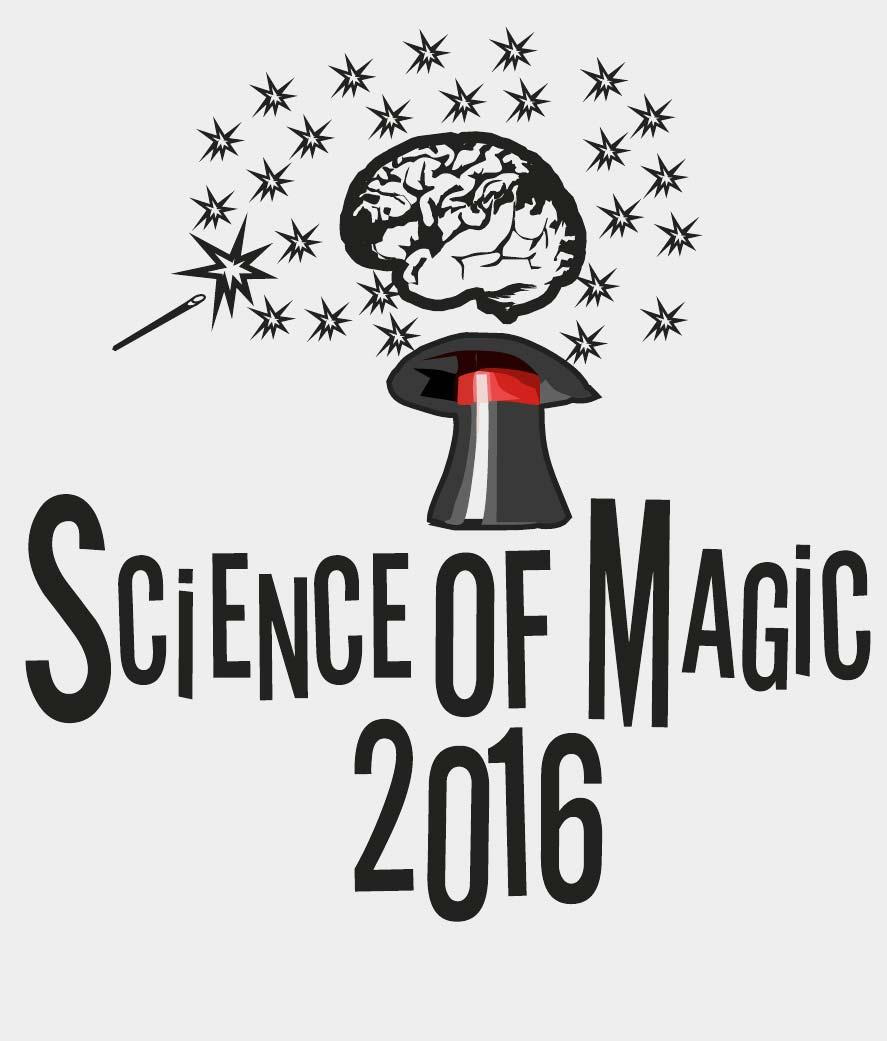How can magic help us understand the human brain?
Primary page content
For centuries, magicians have been developing powerful techniques that exploit limitations in human cognition, leaving us both wowed and baffled.

But is it also possible that science could use magic to help us understand the brain? Join "science of magic" researchers from Goldsmiths, University of London and across the world on Friday 19 February as they investigate and debate their growing interest in using magic to explore our minds.
With the emergence in recent years of pioneering research by Goldsmiths’ Dr Gustav Kuhn, University of British Columbia’s Dr Ronald Rensink, and colleagues, we have seen a growing interest in using magic to investigate a wide range of psychological processes.
Magic tricks have been used to study misdirection, illusions, magical thinking and problem solving, while others have used magical persuasion and forcing techniques to investigate decision-making and the concept of “free will”. Some have even used magic to develop new and effective therapies.
While the research community – largely comprising psychologists and computer scientists - is still relatively small, this area of research has expanded over the last five years. A forthcoming special edition of the journal Frontiers, edited by Gustav Kuhn, brings together much of this research.
Funded by the Experimental Psychology Society (EPS) and organised by magician and psychologist Dr Kuhn, Goldsmiths will host the full-day Science of Magic Workshop in the Richard Hoggart Building at our New Cross campus on Friday 19 February.
Invited key note speakers include Dr Ronald Rensink (University of British Columbia) and Dr Peter Lamont (Edinburgh) with other speakers confirmed including: Professor Chris French (Goldsmiths), Dr Amory Danek (University of Illinois) and Dr Eugene Subbotsky (Lancaster), Dr Wally Smiths (University of Melbourne), Jay Olson (McGill University) and many others.
The workshop aims to create a community of “science of magic” researchers, provide opportunities for collaboration and learning of new skills and foster links between magicians and scientists.
This workshop will be the first of its kind in bringing together researchers in the field of magic, and will consist of formal presentations as well as informal discussion groups.
Registration is free but spaces are limited. Registration closes on 5 February. Please book through eventbrite.
All current PhD students are eligible to apply for an EPS travel award. Please use the EPS website to make your application.
What: Experimental Psychology Society Science of Magic Workshop
When: Friday 19 February 2016 – 9am – 6.30pm
Where: Room 256, Richard Hoggart Building, Goldsmiths, University of London, Lewisham Way, New Cross, London, SE14 6NW